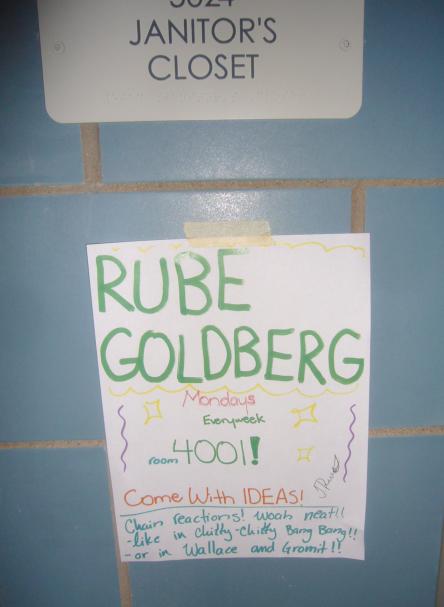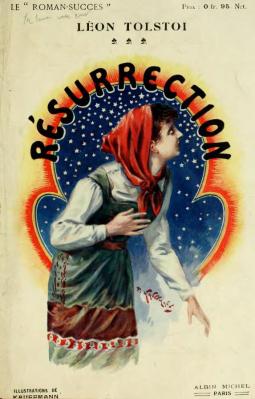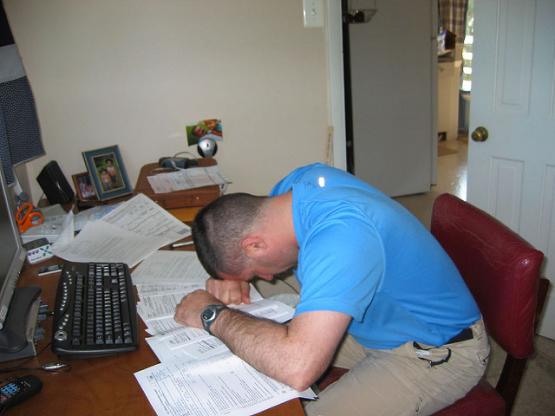
Would Rube Goldberg have been able to design a less straightforward system of funding government than the U S Federal income tax? In this presentation, HGS instructor Bob Jene looks at what it costs to collect this revenue. The direct cost to the government of operating the Internal Revenue Service is only a small part, as the burden put on the taxpayer, and the diversion of effort from productive uses, should also be considered.
[Please note: There is no need to stay the full 3½ hours of this event. Come when you’d like and leave when you wish. ]
How much stuff do you think you “own,” but really only have a limited license to use in specific ways? You may be surprised to learn who is restricting your freedom to innovate and share information. As software-driven products become more common, how can you be sure that your possessions aren’t working against you? Is that the price we have to pay to live in an advanced economy? It need not be.
Find out how software freedom fits into the “liberty means justice” political economy that we teach, why and how we use open source software wherever possible (and it almost always is). Discussion and videos presented in cooperation with the Free Software Foundation.
Meanwhile, to learn more about DRM and why it might be a bad thing, visit Defective by Design.
 Resurrection (1899)
Resurrection (1899)
By Leo Tolstoy
This late 19th-century novel about nobleman Dmitri Ivanovich Nekhlyudov’s efforts at redemption after a life of sin is Tolstoy’s last major novel before his death in 1910. The readers will have a complex relationship with the tormented protagonist and his desperate attempts at redemption and forgiveness, since Nekhlyudov’s misguided decisions and youthful errors are often not so dissimilar from our own. Resurrection is a scathing exposition of the myriad prejudices of the man-made justice system and the hypocrisy of the establishment, while it also explores the economic philosophy of Georgism – of which Tolstoy had become a strong advocate toward the end of his life. [from the Culture Trip]
Political Economy Book Club discussions are open to everyone interested, without charge, and the text (in English translation) is available free from various sources including archive.org, who also offer a free audiobook. There is also a more recent translation by Anthony Briggs, which can be purchased or licensed in various formats and is available in some public libraries. Any questions about the PEBC may be directed to Convenor Bob Matter,

Do we need to suffer like this (and/or pay someone else) in order to fund government? In this presentation, HGS instructor Bob Jene looks at what it costs to collect income taxes. The direct cost to the government of operating the Internal Revenue Service is only a small part, as the burden put on the taxpayer, and the diversion of effort from productive uses, should also be considered.

Decades before Wealth of Nations, Adam Smith wrote what he seems to have considered a superior work, Theory of Moral Sentiments. He wrote:
How selfish soever man may be supposed, there are evidently some principles in his nature, which interest him in the fortune of others, and render their happiness necessary to him, though he derives nothing from it except the pleasure of seeing it.
Wikipedia asserts:
Smith critically examines the moral thinking of his time, and suggests that conscience arises from dynamic and interactive social relationships through which people seek “mutual sympathy of sentiments.”[74] His goal in writing the work was to explain the source of mankind’s ability to form moral judgement, given that people begin life with no moral sentiments at all. Smith proposes a theory of sympathy, in which the act of observing others and seeing the judgements they form of both others and oneself makes people aware of themselves and how others perceive their behaviour.
The Theory of Moral Sentiments has been printed in numerous editions, and is also available free on line. Smith revised the book throughout his lifetime; it’s best to avoid the first edition, and choose one published after his death in 1790.
In this session we’ll discuss parts 1-3 of the book, taking up parts 4-7 on November 20,

